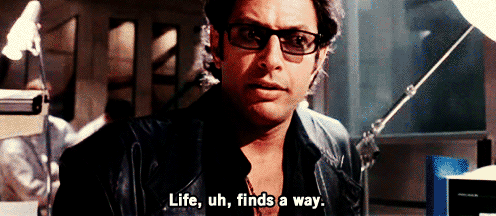This might have gone in the Scientific Discoveries topic, but I think that opening a separate thread for it would spawn some more interesting discussion. This is not just about the discovery on the surface, but as we all know, there is a lot of ethical baggage involved.
Report Of Liquid Woolly Mammoth Blood Prompts Clone Talk
Scientists in Siberia say they've extracted blood samples from the carcass of a 10,000-year-old woolly mammoth, reviving speculation that a clone of the extinct animal might someday walk the earth, if scientists are able to find living cells. But researchers say the find, which also included well-preserved muscle tissue, must be studied further to know its potential.
More in the link.
Back when I started to study prehistory several years ago, I had a conversation with a few co-students on my first day, and I jokingly suggested that the mammoth must have been a delicious animal, else it would not have been hunted to extinction. In a scientific sense I could now call it a hypothesis, since it may be possible to test it. So, a mammoth burger may turn out to be a delicious meal, but would the ethics cause bellyaches?
Report Of Liquid Woolly Mammoth Blood Prompts Clone Talk
Scientists in Siberia say they've extracted blood samples from the carcass of a 10,000-year-old woolly mammoth, reviving speculation that a clone of the extinct animal might someday walk the earth, if scientists are able to find living cells. But researchers say the find, which also included well-preserved muscle tissue, must be studied further to know its potential.
More in the link.
Back when I started to study prehistory several years ago, I had a conversation with a few co-students on my first day, and I jokingly suggested that the mammoth must have been a delicious animal, else it would not have been hunted to extinction. In a scientific sense I could now call it a hypothesis, since it may be possible to test it. So, a mammoth burger may turn out to be a delicious meal, but would the ethics cause bellyaches?



